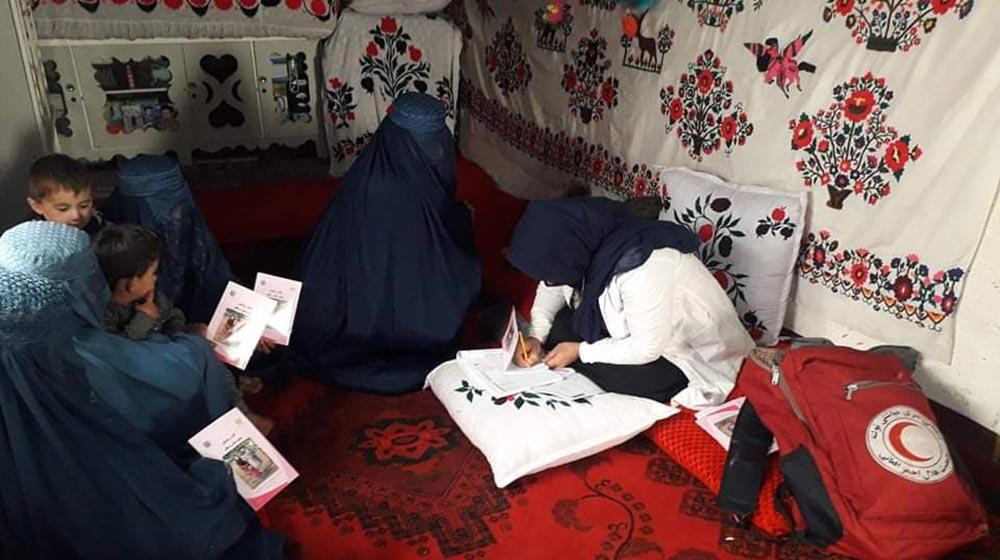Australia

Donor Rankings, 2023
Donor rankings include UN-to-UN transfers, which are UNFPA's top source of revenue overall.
Key results are for illustrative purposes only, and reflect what a donor has contributed to through funding to UNFPA in 2022. Key results presented here may not reflect the figures provided by government donors.
Contributions Since 2014
- All
- 2014
- 2015
- 2016
- 2017
- 2018
- 2019
- 2020
- 2021
- 2022
- 2023
Effective 1 January 2022, UNFPA adopted a new revenue recognition policy; however, for the purposes of this website, information is presented based on previous policy to allow comparability of information across different years.
Effective 1 January 2022, UNFPA adopted a new revenue recognition policy; however, for the purposes of this website, information is presented based on previous policy to allow comparability of information across different years.
Donor Global Statistics


